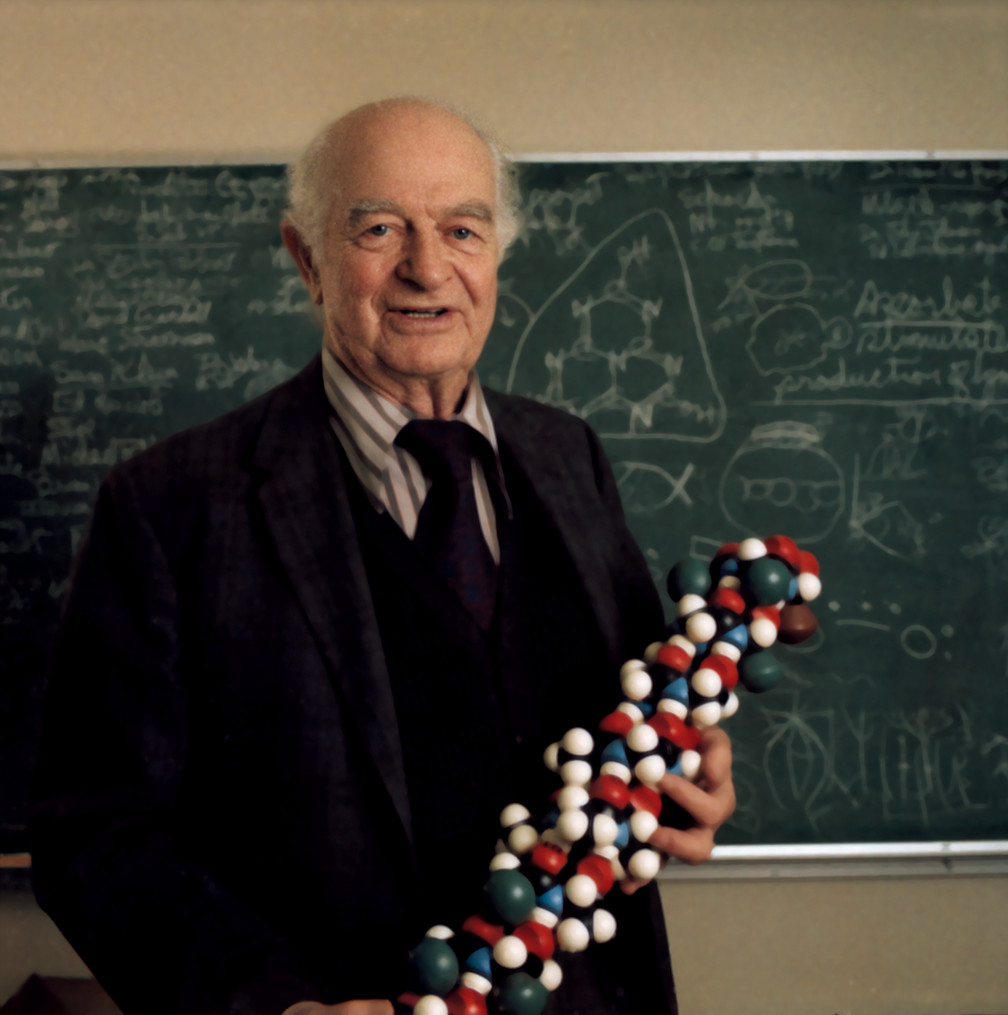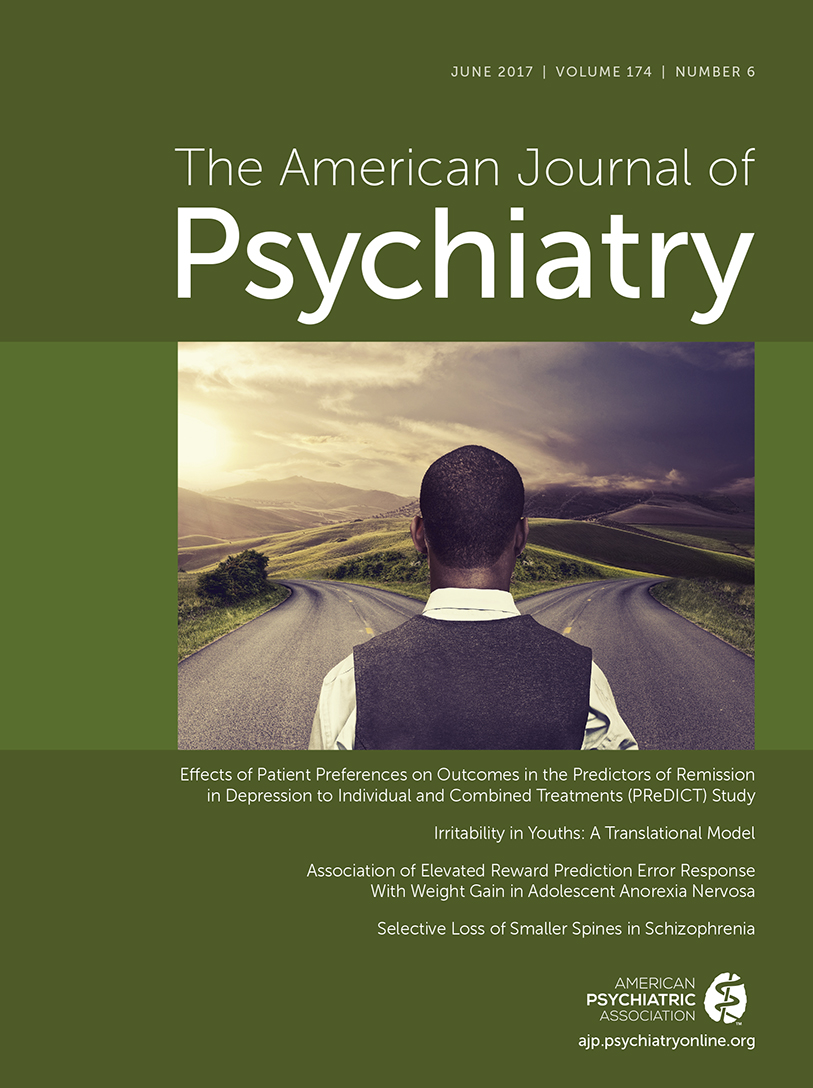A scientist from Oregon with an insatiably inquisitive and fertile mind, Linus Pauling tried to refocus psychiatry from psychology to chemistry. Mid-20th century theories abounded, especially about schizophrenia—for example, that methylated catecholamines act as endogenous hallucinogens. Megavitamin therapy with niacin (vitamin B
3, a methyl acceptor) was the proposed remedy (
1). When Pauling, using examples from this theory, published his findings in
Science in 1968 (
2), orthomolecular psychiatry was born. Some mental diseases, he argued, were the result of localized cerebral deficiencies of nutrients, not appreciable in the bloodstream or directly measurable. The idea rankled the psychiatric establishment.
Pauling’s personal history may shed light on his interest in molecular disease (
3). His mother suffered and died from pernicious anemia, cause then unknown. He was plagued by disabling colds, much improved by his use of vitamin C. And he suffered from Bright’s disease (chronic nephritis), battling it with bed rest and severe dietary modifications.
His insistence on an orthomolecular approach, coupled with growing popular interest in alternative psychiatry, were dynamics in the creation of the APA task force report
Megavitamin and Orthomolecular Therapy in Psychiatry in 1973 (
4). Pauling’s 1974 rebuttal appeared in the
Journal’s new Opinion and Comment section (
5), followed by commentaries from Drs. Richard Jed Wyatt, Donald Klein, and Morris Lipton (
6–
8). They rejected Pauling’s ideas because of his reliance on the flawed methodology of his sources and his resistance to controlled clinical trials.
Pauling did not set out to turn psychiatry on its head. His interest in a simple solution to mental illness grew from his work on the nature of chemical bonds, earning him a Nobel Prize in chemistry in 1954, and on the structure of hemoglobin and its application to understanding sickle cell disease. Whereas the catecholamine-methylation hypothesis of schizophrenia waned, current literature connects DNA methylation to the epigenetics of mental illness (
9). Pauling recognized exogenous dynamics in mental illness, but not epigenetics: “Psychoanalysis has failed, and psychiatry is now rapidly returning to the scientific approach, the recognition of the corporeal character of mental illness, with manifestations determined to some extent by environmental stress and past experience” (
10, p. vi).
Pauling’s contributions to psychiatry must be seen within the context of the broad scope of his aspirations to improve the world. His relentless pursuit of applications of chemistry to general education, medicine, and world peace situate him uniquely among scientists, irrespective of how one regards his psychiatric theories. Pauling believed in finding ways to reduce suffering, as he suggested in a 1960 speech, “The Molecular Theory of Civilization” (
11). Using “mutation” as a metaphor for change, he completed the great arc from chemistry to civilization: “We have now to take the next step in the evolution of civilization of humanity—we must achieve the mutation that will bring SANITY to this great organism—the organism that is human kind.”
Acknowledgments
The author thanks Edward K. Silberman, M.D., for guidance on the manuscript. The photograph was provided by the Special Collections and Archives Research Center, Oregon State University, Corvallis.


